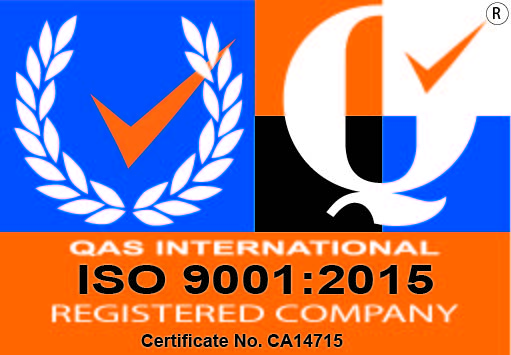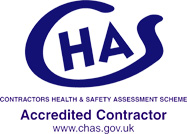Legionella Risk at Work: Re-inspection Management
Survey Safe™ can check for Legionella bacteria during an asbestos re-inspection
If you are an employer, or someone in control of premises, including landlords, you must understand the health risks associated with Legionella.
Duties under the Health and Safety at Work Act 1974 extend to risks from Legionella bacteria, which may arise from work activities.
As an employer, or a person in control of the premises, you are responsible for health and safety and need to take the right precautions to reduce the risks of exposure to Legionella. You must understand how to:
- identify and assess sources of risk
- manage any risks
- prevent or control any risks
- keep and maintain the correct records
- carry out any other duties you may have
Let Survey Safe™ manage this for you
Legionella is such a serious issue, why would you want to leave anything to chance? Survey Safe™ are able to factor in your Legionella management as part of a holistic service.
What is Legionella?
The genus Legionella is a pathogenic group of Gram-negative bacteria that includes the species L. pneumophila that causes Legionellosis. Legionella also causes a pneumonia like illness called Legionnaires' disease and a mild flu like illness called Pontiac fever.
Pontiac Fever
Pontiac fever is best described as an acute, but non-fatal respiratory disease that is caused by various species of Gram-negative bacteria in the genus Legionella. Pontiac fever was named after Pontiac, Michigan USA, where the first case was discovered. The illness causes a mild upper respiratory infection that resembles acute influenza. Pontiac fever sufferers usually recover quickly and the illness often goes undiagnosed. Both Pontiac fever and the very severe Legionnaire' disease are caused by the same bacteria, however Pontiac fever does not include the pneumonia element.
Sources of Legionella
Some documented sources of Legionella include industrial cooling towers, public and private swimming baths and showers facilities, domestic and commercial water systems, ice machines, refrigerated cabinets, whirlpool spas, decorative water fountains, vehicle windscreen washer fluid and some industrial coolants.
The largest and most common source of Legionnaires' disease outbreaks come from cooling towers, air conditioning and industrial cooling water systems. This is because of the risk of widespread circulation.
Recent authoritative research has shown evidence that Legionella pneumophila, which is the cause of Legionnaires' disease, can travel about 3.7 miles from its original source by means of airborne spread. An epidemic of Legionnaires' disease in northern France caused 86 people to be diagnosed with the disease, 18 of which sadly died. The source of this infection was a cooling tower in an industrial plant that was approximately 3 - 4 miles away.
Chlorination is an effective method of dealing with Legionella
Chlorine gas is known to kill almost all kinds of bacteria, as well as viruses and protozoa. It should be added to water at night as it is most effective as sunlight the hypochlorite ion breaks up very quickly, reducing its efficacy. Also, it leaves behind no contaminants in the water, except the harmless chloride ion. Chlorination is an effective and relatively cheap method of treating large volumes of water, which is why it is frequently used in swimming pools.
Treatment for Legionellosis
There is no vaccine for Legionellosis, and antibiotic prophylaxis is not effective. Any licensed vaccine for humans in the United States is still probably quite a few years away. This is why it is vital to ensure you and your staff are not exposed to this deadly bacteria.
Legionella control
The control of Legionella growth can occur through chemical or thermal methods. The more expensive of these two options is that of temperature control. In other words, keeping all cold water below 25 °C (78 °F) and all hot water above 51 °C (124 °F). The high cost incurred with this method arises from the extensive retrofitting required for existing complex distribution systems in large facilities and the energy cost of chilling or heating the water and maintaining the required temperatures at all times and at all distal points within the system.
According to the World Health Organisation, temperature affects the survival of Legionella as follows:
- Above 70 °C (158 °F) - Legionella will die almost instantly
- At 60 °C (140 °F) - 90% die in 2 minutes (Decimal reduction time (D) = 2)
- At 50 °C (122 °F) - 90% die in 80–124 minutes, depending on strain (Decimal reduction time (D) = 80-124)
- 48 to 50 °C (118 to 122 °F) - Can survive but do not multiply
- 32 to 42 °C (90 to 108 °F) - Ideal growth range
- 25 to 45 °C (77 to 113 °F) - Growth range
- Below 20 °C (68 °F) - Can survive but are dormant, even below freezing
Legionella is common in many environments, including soil and aquatic systems, with at least 50 species and 70 serogroups identified. Below is a table listing them.
|
The many different species of Legionella |
|
|
Legionella adelaidensis |
Legionella anisa |
|
Legionella beliardensis |
Legionella birminghamensis |
|
Legionella bozemanae |
Legionella brunensis |
|
Legionella busanensis |
Legionella cardiaca |
|
Legionella cherrii |
Legionella cincinnatiensis |
|
Legionella donaldsonii |
Legionella drancourtii |
|
Legionella dresdenensis |
Legionella drozanskii |
|
Legionella dumoffii |
Legionella erythra |
|
Legionella fairfieldensis |
Legionella fallonii |
|
Legionella feeleii |
Legionella geestiana |
|
Legionella genomospecies 1 |
Legionella gormanii |
|
Legionella gratiana |
Legionella gresilensis |
|
Legionella hackeliae |
Legionella impletisoli |
|
Legionella israelensis |
Legionella jamestowniensis |
|
Candidatus Legionella jeonii |
Legionella jordanis |
|
Legionella lansingensis |
Legionella londiniensis |
|
Legionella longbeachae |
Legionella lytica |
|
Legionella maceachernii |
Legionella massiliensis |
|
Legionella micdadei |
Legionella monrovica |
|
Legionella moravica |
Legionella nagasakiensis |
|
Legionella nautarum |
Legionella oakridgensis |
|
Legionella parisiensis |
Legionella pittsburghensis |
|
Legionella pneumophila |
Legionella quateirensis |
|
Legionella quinlivanii |
Legionella rowbothamii |
|
Legionella rubrilucens |
Legionella sainthelensi |
|
Legionella santicrucis |
Legionella shakespearei |
|
Legionella spiritensis |
Legionella steelei |
|
Legionella steigerwaltii |
Legionella taurinensis |
|
Legionella tucsonensis |
Legionella tunisiensis |
|
Legionella wadsworthii |
Legionella waltersii |
|
Legionella worsleiensis |
Legionella yabuuchiae |
Further Information
If you would like to know more or are interested in a quote we would be happy to help. Phone us on 07730 446 224, email us at info@survey-safe.com or fill in our enquiry form and we will be in touch as soon as possible.
Survey Safe® - 07730 446 224 - info@survey-safe.com
Registered Office: Wagstaffs, Richmond House, Walkern Road, Stevenage, Herts SG1 3QP
Survey Safe® :: 07730 446 224
Survey Safe®
07730 446 224
Areas we cover
Areas we cover in London :: A
Areas we cover in London :: B
Areas we cover in London :: C
Asbestos articles
Asbestos: A possible cure being developed for Mesothelioma
Asbestos: The importance of regular staff medicals
Mesothelioma and Asbestosis: A comparison
86 per cent of school buildings contain asbestos
Workplace exposure limits
Controlling noise at work
Legionella risk
Asbestos re-inspection
Asbestos related products
Magnesite floor screeds
Asbestos in vermiculite
Chrysotile fuse carriers
Asbestos air monitoring
Asbestos cement roofs
Surviving mesothelioma
Cancer deaths from asbestos at all time high
Asbestosis
Asbestos exposure at ground zero after 9/11
Asbestos insurance claims
More asbestos related prosecutions
New asbestos regulations introduced
Asbestos contractor fined
Asbestos is a hidden health hazard in millions of homes
Asbestos exposure
Contractor fined for removing asbestos in an open wheelbarrow
Past and present uses for asbestos
Asbestos filters used in cigarettes
Privacy policy
Website map


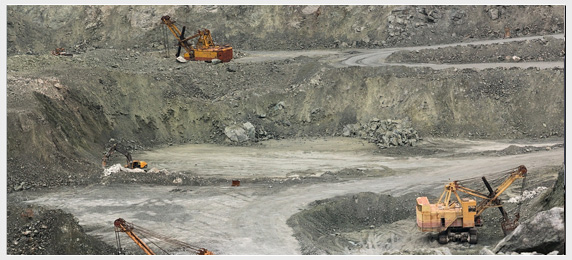
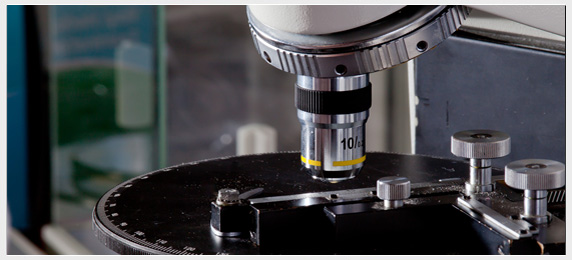

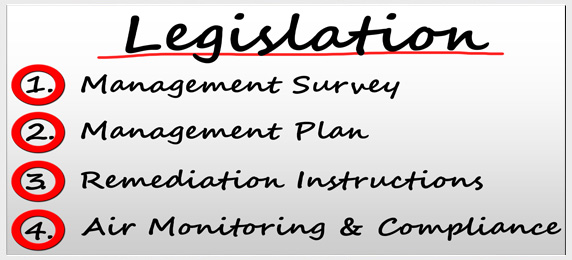
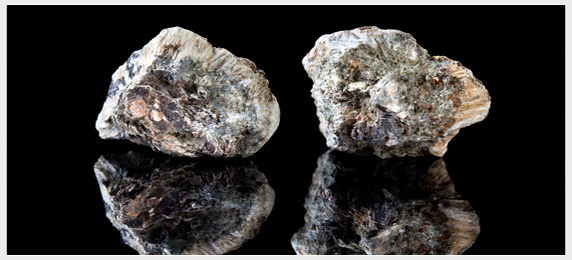
 1
1 2
2 3
3 4
4 5
5

